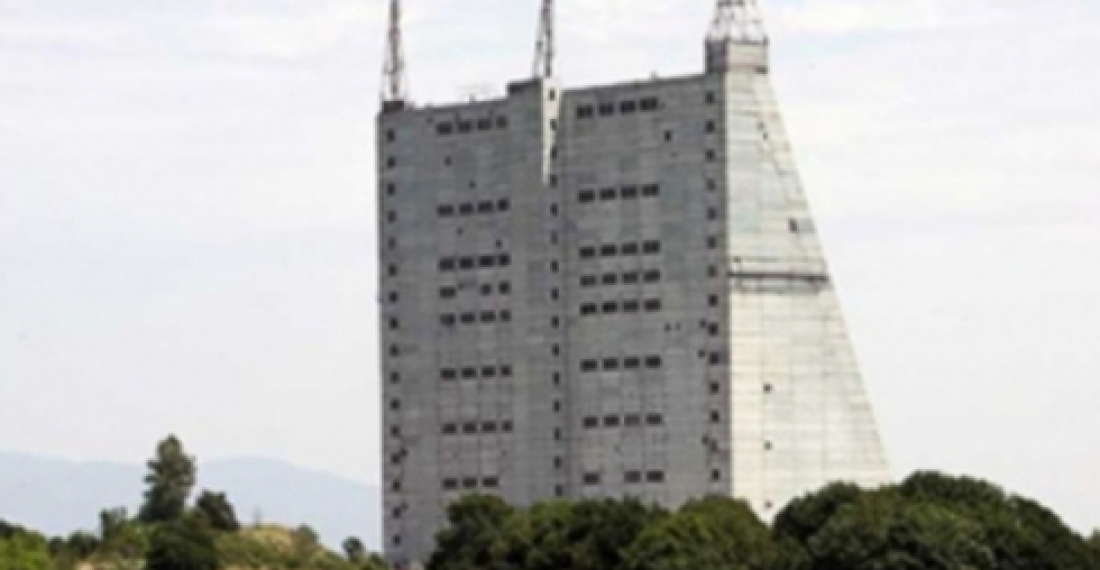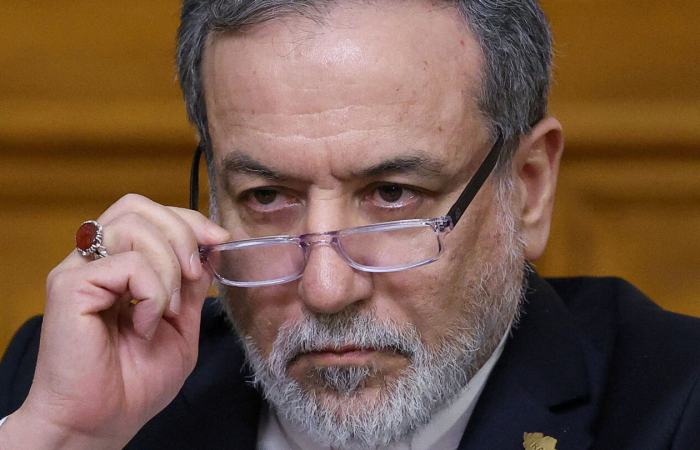Российский военный объект в азербайджанской Габале быстро становится символом российской дилеммы о том, как строить отношения со своими соседями. Габалинская РЛС является единственным российским военным объектом, остающимся в Азербайджане, и Россия стремится удержать его скорее по политическим, нежели военным соображениям. Соглашение по объекту истекает в конце этого года, а переговоры об его продлению продолжаются уже более года.
По последним сообщениям из российских СМИ, камнем предкновения в переговорах стал срок нового соглащения. Россия хочет продлить договор ещё на 49 лет, подобно тому, который она подписала недавно с Арменией по военным объектам, расположенным там. Соглашения на 49 лет были подписаны и по российским военным объектам в зоне грузинских сепаратистских территорий Абхазия и Южная Осетия.
Однако многие критиковали срок этих соглашений, и подразумевается, что объекты носят постоянный, а не временный характер. Азербайджан, по сообщениям, хочет подписать по Габале только краткосрочный договор на 5-7 лет.
Пока не ясно, что происходит по двум другим спорным вопросам: стоимость аренды и требование Азербайджана сделать Габалу объектом двойного пользования, что позволит Азербайджану извлечь пользу из данных, предоставляемых объектом. Оба вопроса были упомянуты в начале этого года, когда проходили переговоры между министерствами обороны двух стран.
По разным причинам ни правительство России, ни правительство Азербайджана не хотят эскалации проблемы, и переговоры ведутся за пределами общественного внимания. Но Габала становится все более интересной темой для СМИ России. Одной из причин является то, что параллельно межправительственным переговорам протекает другой процесс, который, вероятно, направлен на сокращение затрат на данный объект.
В вчерашнем выпуске "Независимой газеты" на передней странице была опубликована статья Виктора Литовкина с заголовком "Бабий бунт Габалы", в которой он говорит, что жены российских офицеров, работающих на объекте Габалинской РЛС в Азербайджане пожаловались президенту о планах Министерства обороны о закрытии местного детского сада и школы. Закрытия являются частью плана по сокращению численности персонала на предприятии.
В то время, как российская армия приступила к реализации амбициозной программы оптимизации и модернизации она вынуждена иметь дело с подобными ситуациями, как Габала по всему постсоветскому пространству и за его пределами, где политическое значение объектов в настоящее время перевешивает военные соображения.
В конце концов, вопрос о Габалинской РЛС будет решен не по военным соображениям, а по политическим. Результат покажет нам, где на данный момент находятся отношения между Россией и Азербайджаном.
Источник: commonspace.eu
Фото: Российская РЛС в Габале (фото из архива)
Commentary
Габала символ российской дилеммы. Важность объекта в настоящее время больше политическая, чем военная.







